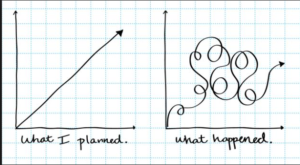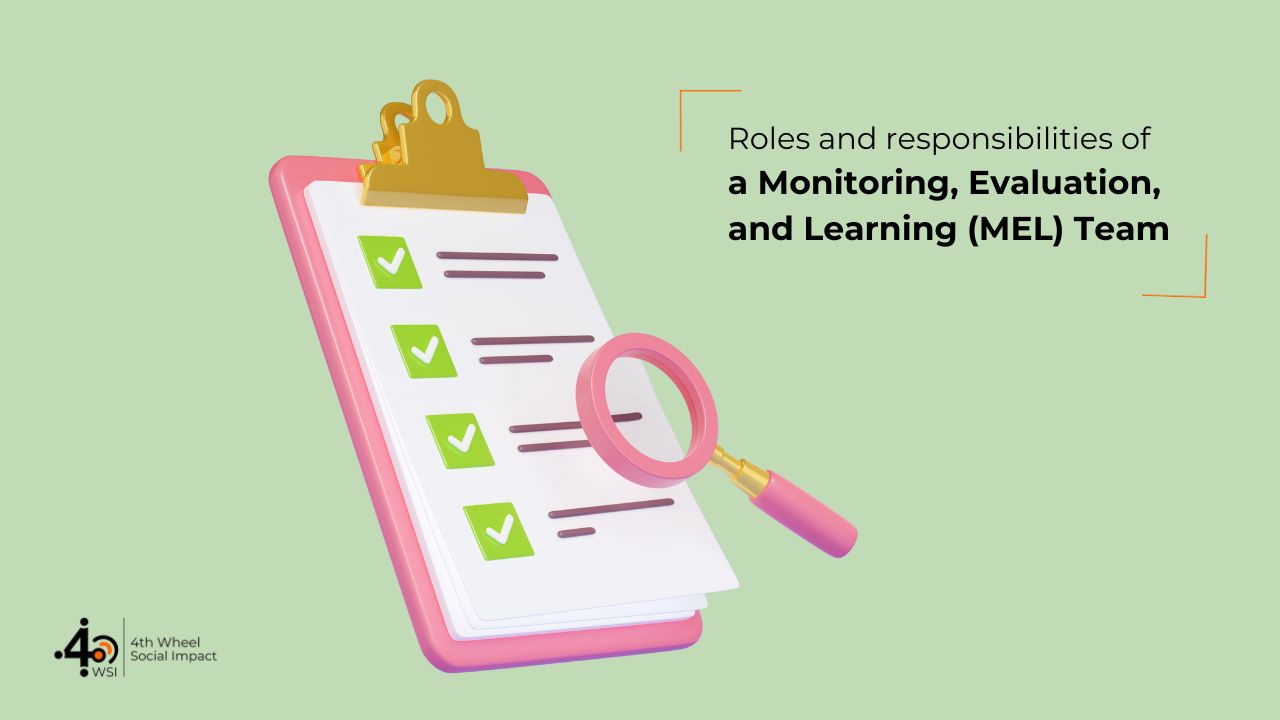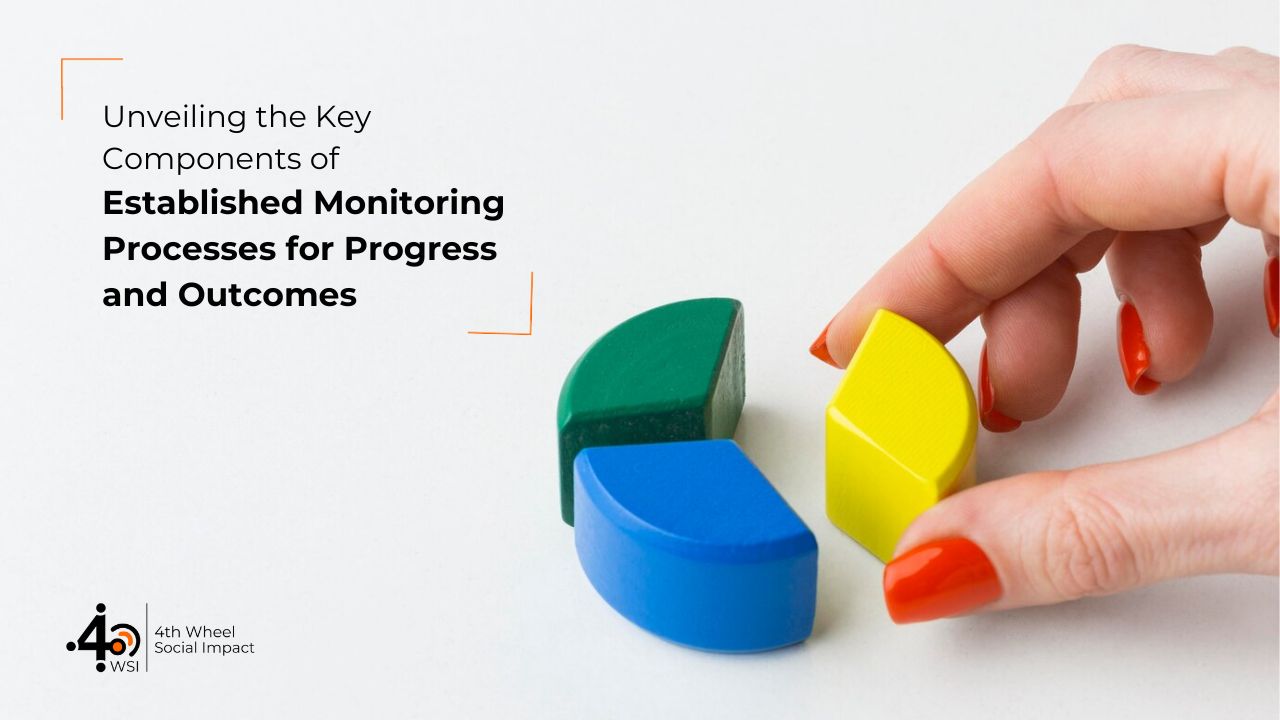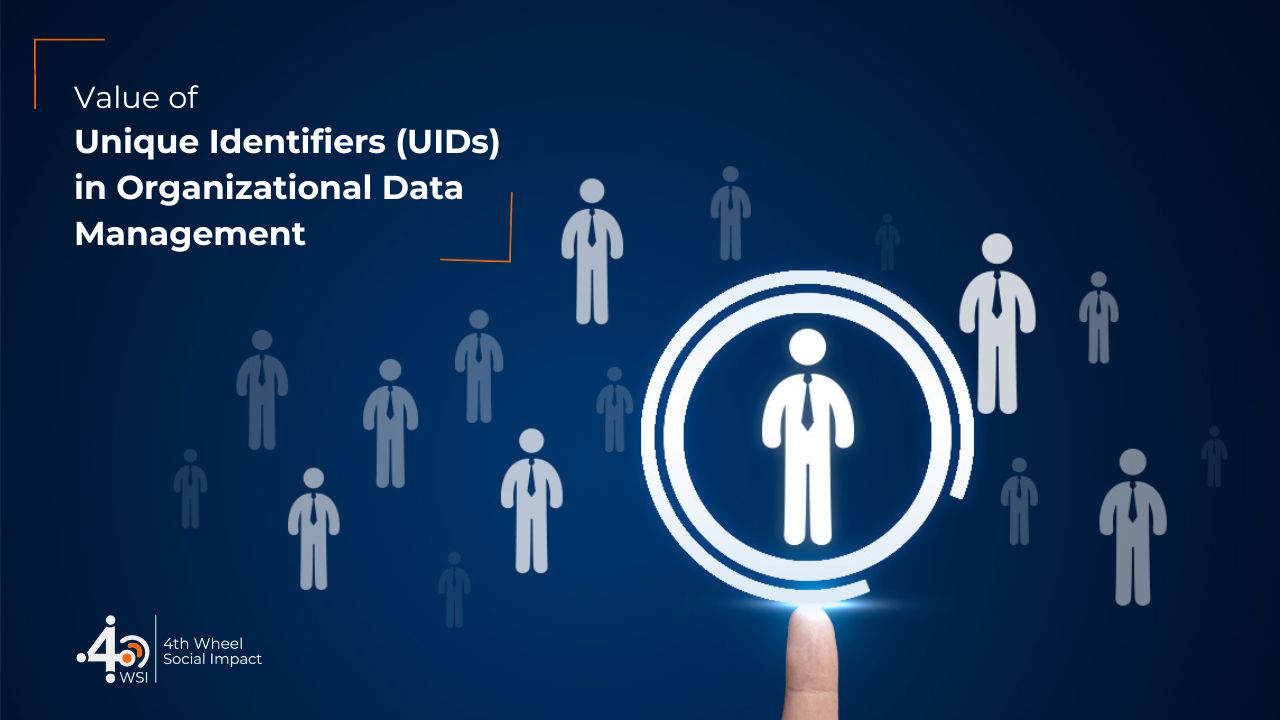In a world where nothing is static and the face of research keeps evolving, it can be difficult to conduct an accurate, reliable evaluation. Diving deep into myriad theories and spearheading complex implementation calls for a vigilant evaluation at every major turn. It’s through this implementation that evaluation dictates the successes and failures of the activities undertaken and provides a definitive verdict about the state of affairs about a project or a programme.
As a researcher, one always wants to design and conduct the best evaluations. Researchers plan and design evaluations aiming for pinpoint accuracy in results. Yet, the path to achieving the expected results is riddled with difficulties. In the real world, there are certain challenges that every researcher faces, impeding the perfect evaluation.
What is the Main Purpose of Evaluation?
Evaluation enables judgment of the effectiveness of a project. The main purpose of evaluation is to provide a systematic process to examine an undertaken project to determine how well it achieves its predecided goals.
Evaluation aids in identifying the aspects of a project or programme that are successful and those that might need improvement.
What Makes Evaluation Difficult?
Evaluation is an intrinsically complex process. Several factors come into play during evaluation which complicate the process. Some of these factors are as under:
- Inadequate planning and research
- Establishing a common ground between stakeholders, management, and community
- Quantifying qualitative outcomes and practices
- Environmental Changes
- Access to resources at hand
- Political Pressure
Top 3 Challenges Every Evaluator Needs to Triumph Over
The three primary categories of issues that need to be resolved are budget, time, and data, in addition to the demands of conducting effective assessments. These constraints, which limit the design options and data collection methodologies available to the evaluator, have been called ‘Real World Evaluation Constraints’ (RWE) constraints.
Challenge #1: Budget
Budget constraints include the allocation of small budgets that are not adequate to complete the evaluation in the desired manner. As a result of a lack of funds, it might not be feasible to compile the desired data or reconstitute baseline or comparison group data. Ultimately, this hampers the implementation of the project and its aggregate value to the community.
Challenge #2: Time
Constraints of time are commonly faced by evaluators when they are called in late to the project or are given a limited timeframe to complete the project. With time constraints as a crucial limitation, evaluators are often handed the short end of the stick. As a result, the efficacy of the project gets thwarted.
Challenge #3: Data
Constraints of data are faced when there is no baseline data available, either on the project population or a control group. In certain circumstances, the planned project impacts may also concern changes in sensitive areas such as domestic abuse, community strife, women’s empowerment, community governance styles, or corruption. Situations like these make it difficult to collect valid data. Such deterrents in data collection affect the quality of outcomes produced.
6 Tips to Conquer the Challenges of Evaluation
Evaluation can be a daunting task but if you keep the challenges of evaluation and solutions to those challenges in mind while drafting the process, it minimizes the scope for errors.
Here are our 6 top tips for conquering the challenges that arise in the procedure of evaluation:
- Set Clear Objectives and Metrics: Clearly define your goals and the specific metrics you’ll use to measure success. This ensures that your evaluation process is focused and aligned with your project’s purpose.
- Collect Relevant Data: Gather data that directly relates to your objectives and metrics. Use a combination of quantitative and qualitative data sources to get a comprehensive view of your performance.
- Include All Stakeholders: Involve all relevant stakeholders, from employees and customers to community members and investors. Their insights can provide valuable perspectives on the project’s impact and areas for improvement.
- Consider External Evaluation Where Necessary: Consider getting an external perspective through independent audits or third-party evaluations. External evaluators can provide unbiased insights and validate the credibility of your results.
- Revise and Optimize: Use the evaluation results as a foundation for making informed decisions and planning future actions. Don’t be afraid to adapt, pivot, or change strategies based on what you’ve learned.
- Account for Sustainability and Long-term Impact: Don’t focus solely on short-term results. Consider the long-term sustainability and impact of your actions. Continuous evaluation should encompass how your business or CSR project contributes to lasting positive change and benefits for all stakeholders involved.

Conclusion
The evolutionary nature of research signifies that the evaluation process will remain vulnerable to the forces of change. The crucibles of budget constraints, time limitations, and data hurdles are where skills are honed and the future of projects and programs takes shape. Evaluators champion adaptation and innovation, transforming difficulties into opportunities for growth, and learning as well as creating a lasting, profound impact.
Ultimately, it’s not just about reaching a destination, but the metamorphic path traversed collectively. With the help of inventive solutions, these barriers can be broken down to open doors of reformation and development for synergic well-being.
This blog is written by Sonya Ochaney, Research Associate at 4th Wheel Social Impact.




